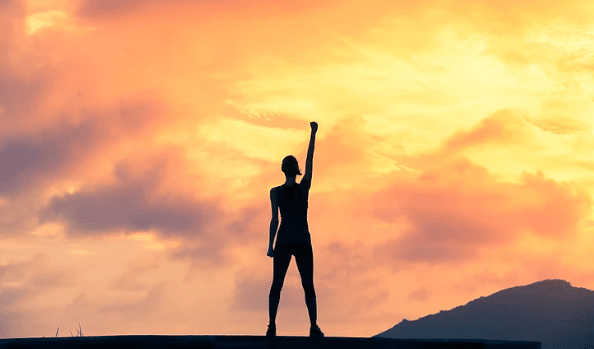
Tag: Drinking culture

Treat yourself with kindness this holiday season
Hello Sunday Morning’s Dominique Robert-Hendren, Head of Clinical Innovation and Digital reminds us that the demands of the holidays can be stressful. Particularly when taking a mindful approach to your alcohol consumption – but you are not alone.

Andy Moore (CEO) Reflects on 2022
With another year come and gone – what a year it has been! As I reflect on 2022, it’s clear there have been many great achievements, but there is much work that still needs to be done.

Should people under 40 stop drinking alcohol?
Should people under 40 stop drinking alcohol? Studies and their findings can be used to inform us of any health risks and benefits.

Build a better drinking culture – how to use your month off booze for good
Did you take part of dry month? Why not use your insights to make a difference and build a better our drinking culture?

Being confident without alcohol – the ‘liquid courage’
Alcohol can seemingly boost confidence, but relying on this ‘liquid courage’ suppresses our senses to gauge risk or social cues. Read our tips to be confident without alcohol.

Triggers – knowing your own and how to overcome them
What is trigger? How long do they last?
Understanding triggers is an ongoing lesson for as long as we are committed to having a healthy relationship with alcohol.






